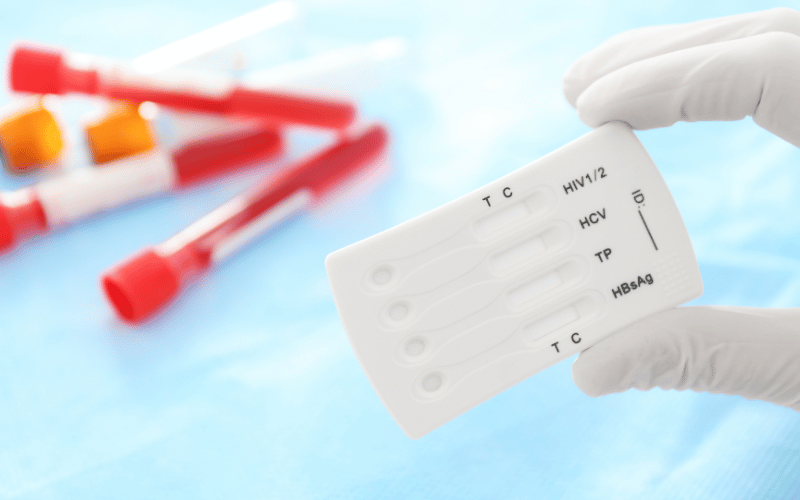Fact 9: The Importance of Early Detection

The criticality of early detection in HCV cannot be overstated. When individuals are diagnosed promptly, the chances of preventing severe liver damage and other complications skyrocket. Early detection offers a broader range of treatment options and a higher likelihood of complete recovery. In stark contrast, late diagnosis often presents limited intervention opportunities, as the liver might already be in a deteriorating state. It’s akin to catching a small fire before it engulfs an entire building.
The evolution of diagnostic methods for HCV has been remarkable over the past few years. Gone are the days when tests took weeks and lacked precision. Today, advanced diagnostic tools, such as the Polymerase Chain Reaction (PCR) test, provide swift and accurate results. These tools can detect even minute amounts of the virus in the blood, facilitating diagnoses even during the virus’s incubation stage. Such advancements are pivotal in our relentless fight against this insidious disease.
Given HCV’s clandestine nature, focusing on high-risk populations is a strategic approach to early detection. These groups, which include healthcare professionals, intravenous drug users, and those who received transfusions before rigorous screening processes were implemented, often are unknowingly exposed to the virus. Regular and targeted screenings for such populations can lead to timely interventions, preventing the virus from advancing to more debilitating stages.
Identifying the presence of HCV is merely the starting point. The subsequent steps, encompassing informed medical counsel, a robust treatment plan, and diligent post-recovery monitoring, are equally, if not more, crucial. Patients must be equipped with accurate information and an understanding of their therapeutic journey. From potential side effects to lifestyle changes, a comprehensive roadmap following early detection can make a world of difference in treatment outcomes.
The role of early detection in HCV management is multifaceted. It’s not just about identifying the virus but acting upon that knowledge decisively. The journey from detection to recovery, backed by pioneering diagnostic tools and a patient-centric approach, is reshaping the narrative around HCV. Today, a diagnosis doesn’t spell doom; it presents a beacon of hope and a chance at reclaiming one’s life. (9)